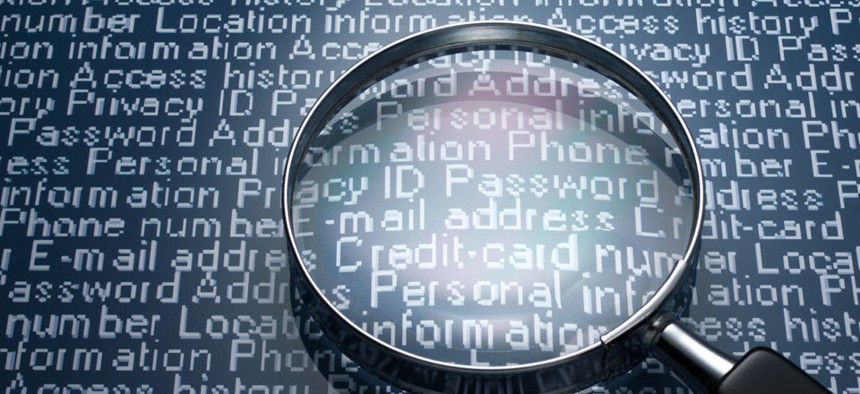A New Cybersecurity Bill Could Give the NSA Even More Data

tadamichi/Shutterstock.com
Privacy groups are rallying opposition to the Senate legislation.
Privacy groups are sounding the alarm that a new Senate cybersecurity bill could give the National Security Agency access to even more personal information of Americans.
The Cybersecurity Information Sharing Act would create a "gaping loophole in existing privacy law," the American Civil Liberties Union, the Center for Democracy and Technology, the Electronic Frontier Foundation, and dozens of other privacy groups wrote in a letter to senators late Thursday.
"Instead of reining in NSA surveillance, the bill would facilitate a vast flow of private communications data to the NSA," many of the same privacy groups warned in a second letter to lawmakers.
The goal of the bill, authored by Senate Intelligence Committee Chairwoman Dianne Feinstein and ranking member Saxby Chambliss, is to allow the government and private sector to share more information about attacks on computer networks.
Business groups have been complaining for several years that they could better protect their systems from hackers if Congress removed legal barriers to information-sharing. The companies want to make it easier to share information about attacks with each other and the government.
The Senate bill includes provisions aimed at protecting privacy, such as requiring that companies that share information first strip out personally identifiable data (such as names, addresses, and Social Security numbers) of known Americans.
But the privacy groups are still worried that the legislation could encourage a company such as Google to turn over vast batches of emails or other private data to the government. The information would first go to the Homeland Security Department, but could then be shared with the NSA or other intelligence agencies.
"This new flow of private communications information to NSA is deeply troubling given the past year's revelations of overbroad NSA surveillance," the groups wrote in one of the letters.
They argued that the bill allows for broad use of the cyberdata once it's in the hands of the government. With the company's permission, the information could be used as evidence by state and local police in routine criminal investigations and prosecutions. The federal government could use the information for investigations under the Espionage Act, leading the privacy groups to worry that the bill could be used to target whistle-blowers.
In a statement, Feinstein said her bill includes "numerous privacy protections to ensure individuals and companies do not inappropriately share personally identifying information and to protect against the government's use of voluntarily shared cybersecurity information outside of narrow cyber-related purposes."
She said her committee met with privacy advocates and made changes to the bill to address their concerns.
"I believe the bill strikes a balance between the need to share information to improve cybersecurity and the need to safeguard the information being shared," she said.
The Senate's bill is a counterpart to the Cyber Intelligence Sharing and Protection Act, which passed the House last year.
That legislation prompted a major backlash from Internet activists, who fear it would undermine Internet privacy. More than 100,000 people signed a White House petition opposing the bill, and "CISPA" became a dirty word on many blogs, discussion forums, and news sites.
It remains to be seen whether the privacy groups will be able to mount a similar campaign against the Senate's "CISA."
The Senate Intelligence Committee had planned to mark up the bill Thursday but postponed the session until after the July Fourth recess.
(Image via tadamichi/Shutterstock.com)






